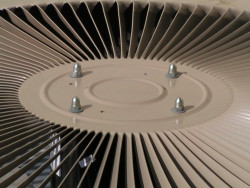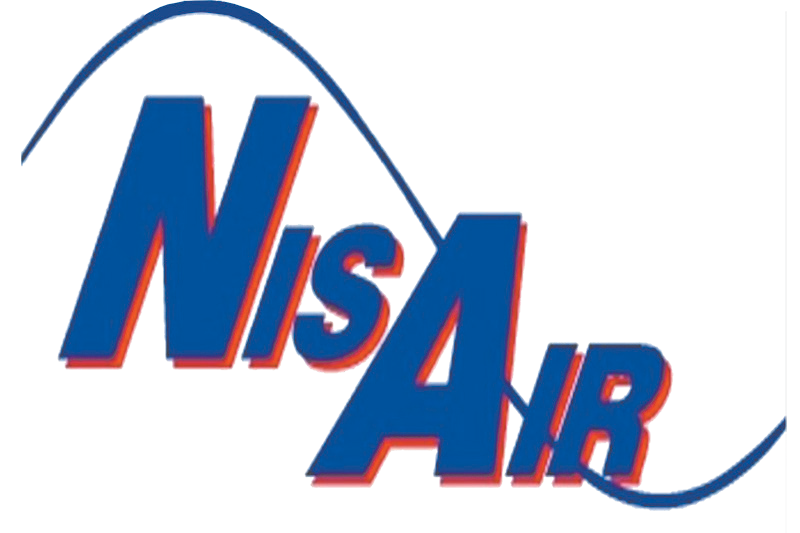Size Your Home’s Cooling Load Before Installing A New Heat Pump
Winter in Florida is one of the best times to determine your cooling load for the upcoming cooling season because you have a few months to lower the load before the heat sets in. Reducing your cooling load helps you in both the long and short term. When you’re replacing your heat pump, a smaller cooling load saves you money since you can get by with a smaller, less expensive system. Plus, running the equipment throughout the cooling months won’t take as much electricity, bringing your power bills down.
Skilled HVAC technicians use a protocol called Manual J to measure cooling and heating loads. Manual J takes into account the components of your home that add to the need for conditioning, including:
- Insulation levels
- Cubic footage of home
- Windows, their orientation to the sun and energy efficiency
- Air infiltration rates
- Appliances under roof that create heat
- Preferred indoor temperatures
- Number and ages of occupants
- Landscaping factors
Most contractors use software to make these calculations. Getting a head start when selecting a heat pump in the winter gives you time to improve insulation levels and air infiltration rates, both of which are affordable projects to execute and will make a difference for decades to come.
Besides learning where you can improve your home’s energy efficiency, knowing the precise size heat pump for your home helps you avoid installing one that’s too large. In a humid climate like ours, oversizing the heat pump will lead to short cycling. Frequent on-and-off cycling wastes energy, doesn’t provide balanced cooling throughout your home and leads to insufficient air filtration and humidity control. Some of the rooms in your home may not be as comfortable, especially those with a southern or western orientation.
Short cycling also increases your electric bill. Heat pumps use the most electricity when they first start up. Frequent starts and stops also add to the wear and tear on your equipment and can shorten the life of the components inside it.
If you’d like to learn more about your cooling load, please contact us at NisAir Air Conditioning & Heating. We’ve provided quality HVAC services for Martin, St. Lucie, Indian River and Palm Beach counties since 1973.

